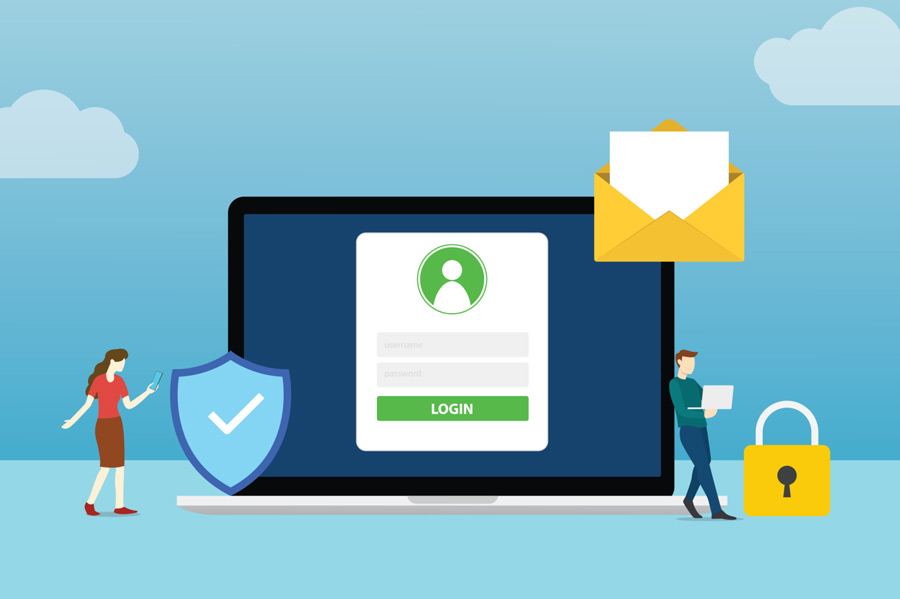Online safety
With online shopping, banking and the need for our young people to have access to computers to help with their studies, safety online has never been more important and that’s especially important at Christmas!

Our key tips to stay safe from phishing and other online risks:
- Be cautious with email and messages: don’t click on links or download attachments from unknown or unexpected sources, even if the sender looks familiar.
Verify sender information:
- Always check the email address, phone number, or website URL carefully for subtle differences that indicate a scam (e.g. misspelled company names).
Enable multi-factor authentication (MFA):
- Use MFA on your accounts for an extra layer of protection, requiring both a password and a second form of verification (e.g. text message).
Use strong, unique passwords:
- Don’t use the same password across multiple accounts. Use complex passwords that are difficult to guess.
- Avoid using personal information such as names and addresses.
Regularly update software:
- Ensure your devices and software, including antivirus programs, are up to date to protect against vulnerabilities.
Monitor financial accounts:
- Regularly check bank and credit card statements for any unauthorised transactions .
- Avoid public Wi-Fi for sensitive transactions: use a VPN to secure your connection on public networks.
Be wary of urgent requests:
- Phishing attempts often create a sense of urgency to trick you into acting quickly without thinking. Always take time to verify requests.
Check website security:
- Before entering personal information, ensure the website uses HTTPS (look for a padlock symbol) to encrypt data.
Report suspicious activities:
- If you receive suspicious emails, texts or calls, report them to the relevant authority or the company being impersonated.
Set parental controls:
- Ensure you protect your child from accessing inappropriate content by setting parental controls within the device they are using and each app or program they use.
In your home
It's vital to keep your home secure both when in it and when you leave it. You should:
- lock all doors;
- keep valuables out of sight;
- never leave keys or bags close to your door;
- install a burglar alarm;
- install panic buttons to connect with family or emergency services;
- use timers to turn lights on and off when you are away; and
- our PCSP also recommends using a door stop designed to be places at the inside of your door. This helps you feel safe when you open your door to a stranger.
Your property
We all have items we cherish and need. You can make them far less attractive to thieves by reducing the potential to sell them on and dissuade an offender from its theft by realising the item can be easily linked to the scene of a crime.
It also makes it easier for the police to trace the rightful owner of possessions.
Property can be marked with a postcode and house name or number. This may be through the use of permanent marker, engraved, tamper evident labels, UV marker pens, microdots or electronic tagging.
Personal safety
We all want to stay as safe as possible during the festive season. It is important to take time to think about how you would act in different situations.
When out and about
Whether you are out for a walk, run or socialising with friends you can help keep yourself safe. You can wear a personal alarm as a powerful deterrent. The loud, attention-grabbing sound they emit can startle potential attackers, giving you a valuable window of opportunity to escape or attract help.
If socialising with friends you can use 'Ask for Angela'. If you feel unsafe, vulnerable or threatened then discreetly seek help by approaching venue staff and asking them for 'Angela'. This code-phrase will indicate to staff that you require help, and a trained member of staff will then look to support and assist you.
More information can be found at: www.askforangela.co.uk